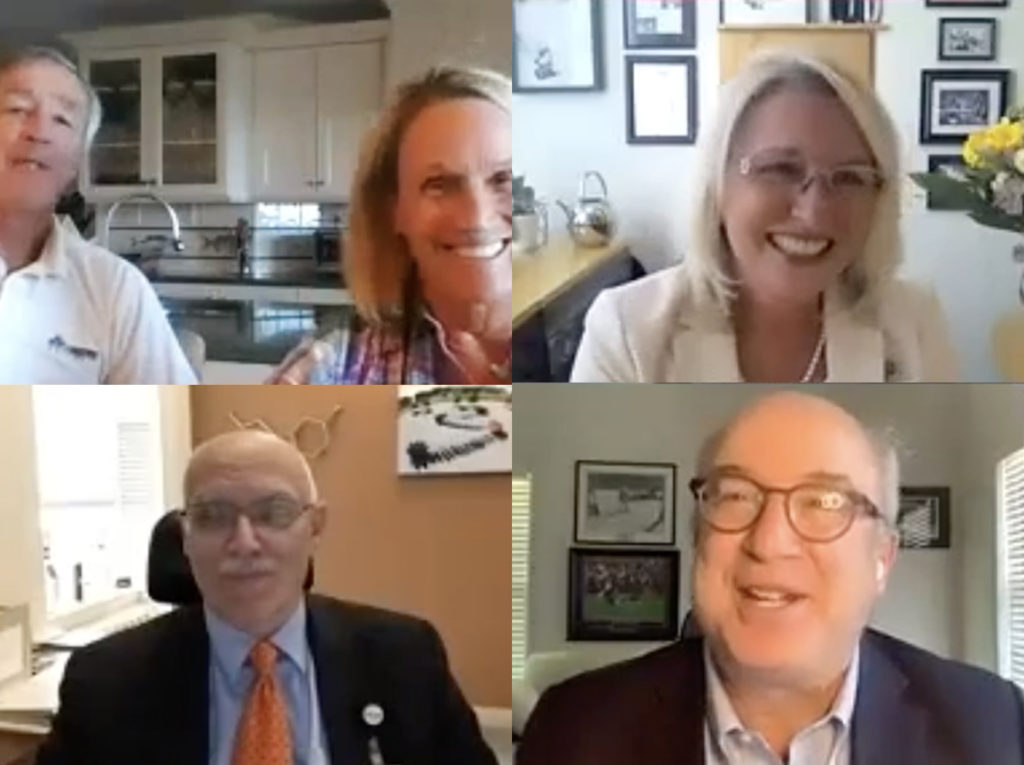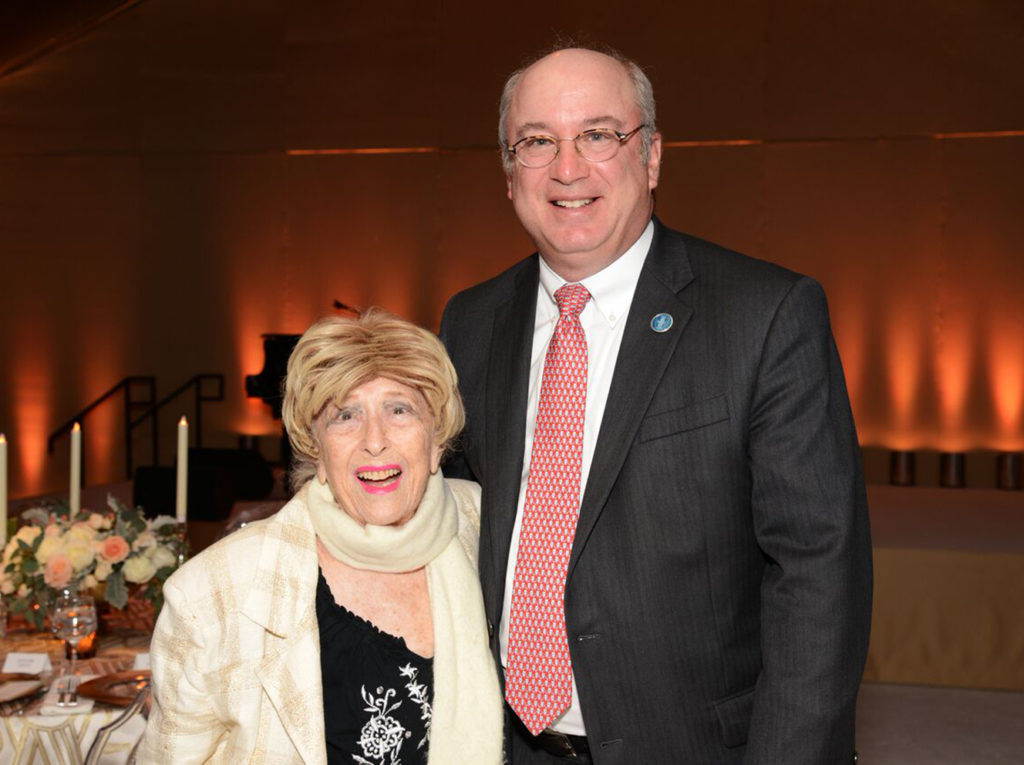Most of us take for granted that as we age, the likelihood of being diagnosed with an aging-related disease, such as cancer, heart disease or dementia, increases. But according to Mass General endocrinologist Alex Soukas, MD, PhD, that doesn’t necessarily have to be the case. Dr. Soukas, Weissman Family MGH Research Scholar 2018–2023, and a physician investigator at the Center for Genomic Medicine at Mass General, is working to figure out how things go wrong in aging cells and identify the genetic “switches” that can promote healthy aging. We asked him about his research, and how genetics can improve our understanding and treatment of aging-related disease.
What drives your study of aging and aging-related disease?
Increasing the human “health span,” the period of our lives that we are free from disease, is at the center of my work. I want to make it possible for people to live the most productive, happy and healthy lives possible.
The better we understand what changes in our bodies and cells as we age, and how that contributes to aging-related decline, the easier it will be to design strategies to reverse those processes. If we can target a fundamental part of the aging process, that finding would impact nearly every age-related disease — from cancer to dementia, to diabetes and obesity.
What are you most excited about in your research?
One exciting example involves our work with metformin — the world’s most commonly used drug for patients with type 2 diabetes, which has been shown to do more than regulate blood sugar. We’ve shown that it can also extend the lifespan of roundworms (C. elegans) in the lab by about 30%. Roundworms, which share about 75% of their genes with us, typically live for about two weeks. But with metformin, we can make them live for three weeks and longer. Because roundworms have such a short lifespan, we can systematically deduce which genes are responsible for this lifespan response. In the future, we might be able to provide patients the favorable effects of metformin without giving the drug itself.
How do genetics play a role in aging-associated metabolic diseases like obesity and diabetes?
That’s an important question. I did my doctoral studies in the lab that identified the obesity hormone, leptin. At that time, there was a notion that obesity and type 2 diabetes were a kind of moral failing, or the result of a lack of discipline. Thankfully, we now know how our genetics play a role. Building on that understanding, I believe there is a huge opportunity to improve the lives of people with metabolic disease. In the same way that we are using genetic discovery to find ways to “wind back the clock” in aging-associated conditions, we can also find genetic switches that have a favorable impact on body weight and blood sugar balance, and return these people to a more youthful metabolic state.
What role does philanthropy play in your work?
Philanthropy allows us to take risks and be creative, something that is fundamentally discouraged within the strict boundaries of public funding. Often, the most world-changing science is derived from scientists who simply had the freedom and resources to follow their creative instincts.
To find out more about the Center for Genomic Medicine or the MGH Research Scholars Program, please contact us.

This story is just one example of the groundbreaking efforts taking place at Mass General, home to the largest hospital-based research enterprise in the U.S. Research Institute encompasses and provides support to thousands of scientists, hundreds of laboratories, and helps to guide, connect and promote this unrivaled community of investigators as they advance the future of medicine, from the bench to the bedside, to the community and world.





